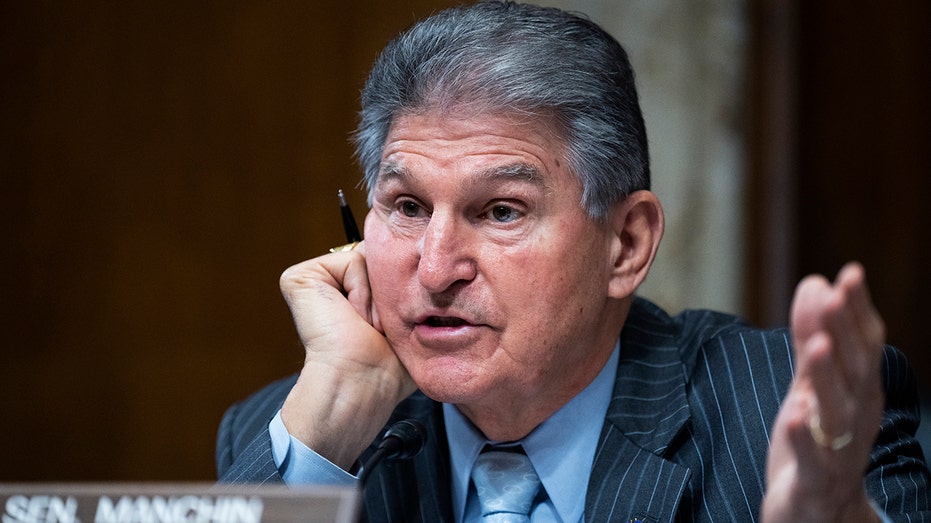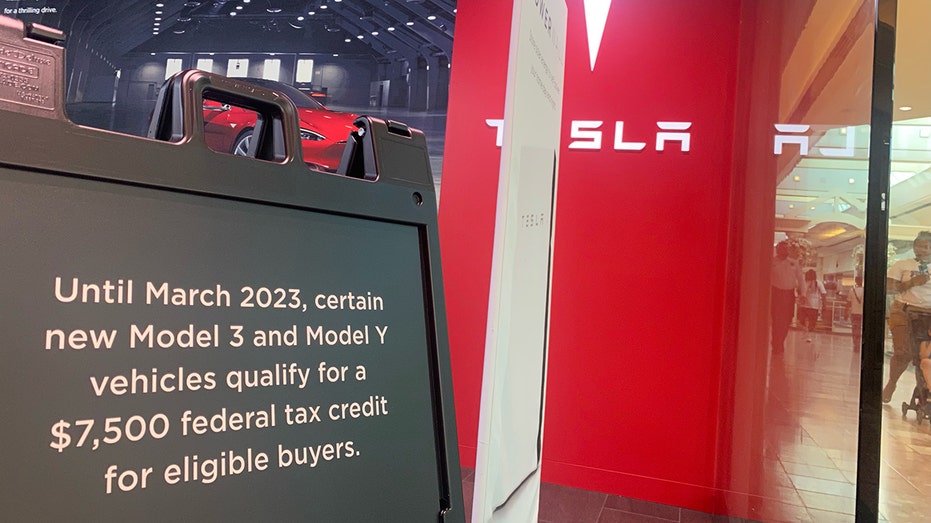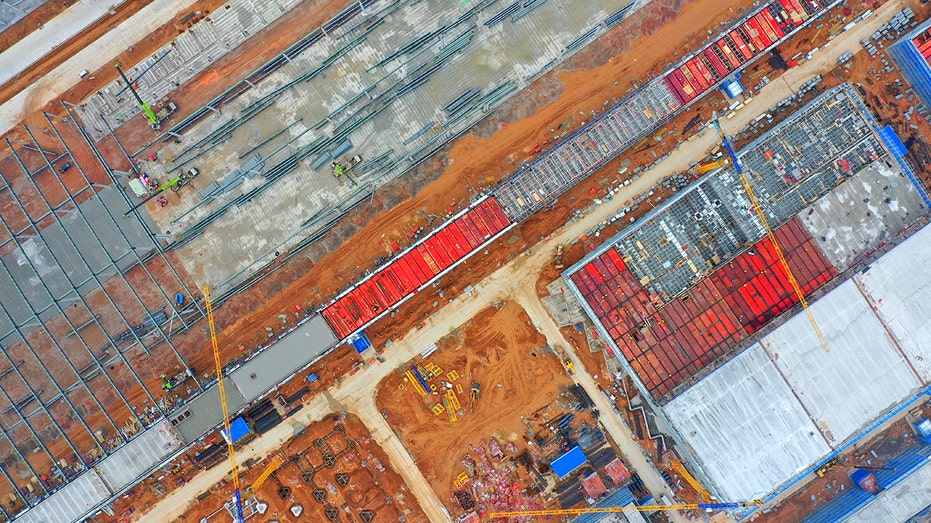Toggle Navigation
Sen. Joe Manchin, D-W. Va., on Wednesday, threatened to sue the Biden administration over electrical vehicle tax credits.
Manchin, chairman of the Senate Energy Committee, said he was prepared to go to court ahead of the U.S. Treasury's expected release of battery sourcing guidance for electric vehicle tax credits later this week, Reuters reported.
"If it goes off the rails and violates the intent of the climate legislation approved in August, I will do whatever I can - if that means going to court and I can do it, I'd do it," Manchin said, according to the report.
Manchin, a regular supporter of the fossil fuel industry's interests in Congress, said he intends to transfer the EV supply chain from China, noting that he will pay attention to how the Treasury will classify processing and manufacturing in determining eligibility for $7,500 EV tax credits. "Manufacturing is meant to bring manufacturing back to the United States," he told reporters Wednesday. "It's not basically allowing everyone to put all the parts and build everything you can for that battery somewhere else and then send it here for assembly."

Senate Energy and Natural Resources Committee Chairman Sen. Joe Manchin, D-W.Va., said he was prepared to sue over the Treasury's EV tax credits. (Tom Williams/CQ-Roll Call, Inc via Getty Images / Getty Images)
The Treasury is expected to release its battery-sourcing rules for electric vehicle tax credits by Friday. Reuters previously reported that the new rules are expected to result in fewer vehicles qualifying for full or partial credits.
The rules for electric vehicles are included in the $430 billion climate change, healthcare and tax bill dubbed the Inflation Reduction Act passed by Democrats in August.
In an opinion piece for The Wall Street Journal published Wednesday, Manchin accused the Biden administration of flouting the bill's original intent.
"Instead of implementing the law as intended, unelected ideologues, bureaucrats and appointees seem determined to violate and subvert the law to advance a partisan agenda that ignores both energy and fiscal security," Manchin wrote. "The administration is attempting at every turn to implement the bill it wanted, not the bill Congress actually passed."

A Tesla showroom posted information about Federal Tax Credits eligibility at Gardens Mall in Palm Beach Gardens, Florida. Sen. Joe Manchin threatened to sue over the Treasury's expected new rules coming Friday. (Lindsey Nicholson/UCG/Universal Images Group via Getty Images / Getty Images)
Manchin also demanded that Biden "sit down with fiscally minded Republicans and Democrats to negotiate common-sense reforms to out-of-control fiscal policy."
In response to the op-ed, a White House official told Fox News Digital: "We have a strong and productive relationship with Senator Manchin. We are proud of the Inflation Reduction Act and our shared goals it achieves—promoting America’s energy security, strengthening supply chains, creating good-paying manufacturing jobs, and investing in energy communities and towns across America that have been left behind."

This aerial photo shows large engineering vehicles at the site of the Chuneng New Energy (Yichang) lithium battery Industrial Park project in Yichang, Hubei Province, China, Nov 23, 2022. China dominates the EV industry. (CFOTO/Future Publishing via Getty Images / Getty Images)
The bill says 50% of the value of battery components must be produced or assembled in North America for EV buyers to qualify for $3,750 of the credit, and 40% of the value of critical minerals must be sourced from the United States or a country with which it has a free trade agreement to qualify for another $3,750 credit. China currently dominates the global supply chain for EV batteries.
Those quotas rise by 10 percentage points annually.